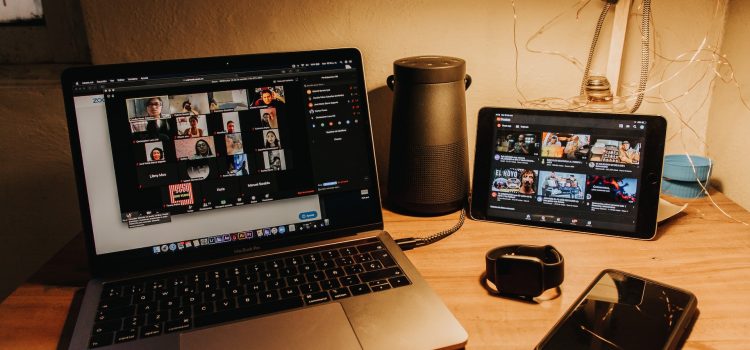
Vice Media, the digital media company known for its edgy and unconventional content, has cancelled its flagship news program, “Vice News Tonight,” as part of a larger effort to streamline operations amid changing trends in the online media industry.
The show, which aired on HBO and featured in-depth reporting on a range of social and political issues, had been a centerpiece of Vice Media’s programming since its launch in 2016. But in recent years, the show had struggled to attract viewers, and its cancellation was seen by some as a sign of the company’s ongoing struggles to adapt to a rapidly changing media landscape.
In a statement announcing the decision, Vice Media CEO Nancy Dubuc said that the move was part of a broader effort to “focus on the areas where we can have the greatest impact and invest in the content and formats that are resonating with our audiences.”
Dubuc acknowledged the importance of the show to the company’s history and identity, but said that “the media landscape is changing rapidly, and we need to evolve and adapt in order to stay relevant and continue to grow.”
The decision to cancel “Vice News Tonight” comes as the online media industry is undergoing a period of significant change and upheaval. Traditional media companies are struggling to compete with the rise of digital platforms and changing consumer habits, while new players are entering the market and challenging established players in innovative and disruptive ways.
For Vice Media, these challenges have been particularly acute. The company, which was founded in 1994 as a punk magazine in Montreal, has grown into a global media empire with a presence in more than 30 countries. Its provocative and often controversial content has earned it a devoted following, particularly among younger audiences.
But in recent years, Vice Media has faced mounting financial pressures, as advertisers have grown increasingly wary of associating with its sometimes controversial content. The company has also faced criticism over its workplace culture and allegations of sexual harassment and discrimination.
In response, Vice Media has embarked on a series of cost-cutting measures, including the closure of its offices in the UK and Brazil and a reduction in staff across several other international locations. The cuts are expected to affect hundreds of employees worldwide.
The decision to cancel “Vice News Tonight” has been met with mixed reactions from industry observers. Some have praised the move as a necessary step to streamline operations and focus on the company’s core strengths, while others have criticized it as a shortsighted decision that could undermine the company’s long-term prospects.
In an opinion piece for the New York Times, media critic Margaret Sullivan argued that Vice Media’s struggles are indicative of broader changes in the media industry, as traditional outlets struggle to adapt to new forms of digital competition.
“Vice was once the enfant terrible of the media world, but now it’s struggling to stay relevant in an age of ever-shrinking attention spans and ever-increasing competition,” Sullivan wrote. “The company’s challenge is to find a way to remain edgy and provocative while also appealing to a broader audience and maintaining its core values.”
Despite these challenges, Vice Media remains a major player in the online media industry, with a strong track record of producing groundbreaking content and pushing boundaries. Its commitment to diversity and inclusivity has also won it praise from many quarters.
The company’s future success will depend on its ability to continue to adapt and innovate, as the online media landscape continues to evolve. This will require a range of factors, from its ability to attract and retain top talent to its willingness to take risks and experiment with new formats and platforms.
But ultimately, the key to Vice Media’s future success will be its ability to stay true to its core mission of telling important stories that matter, and to continue to engage and inspire audiences.









